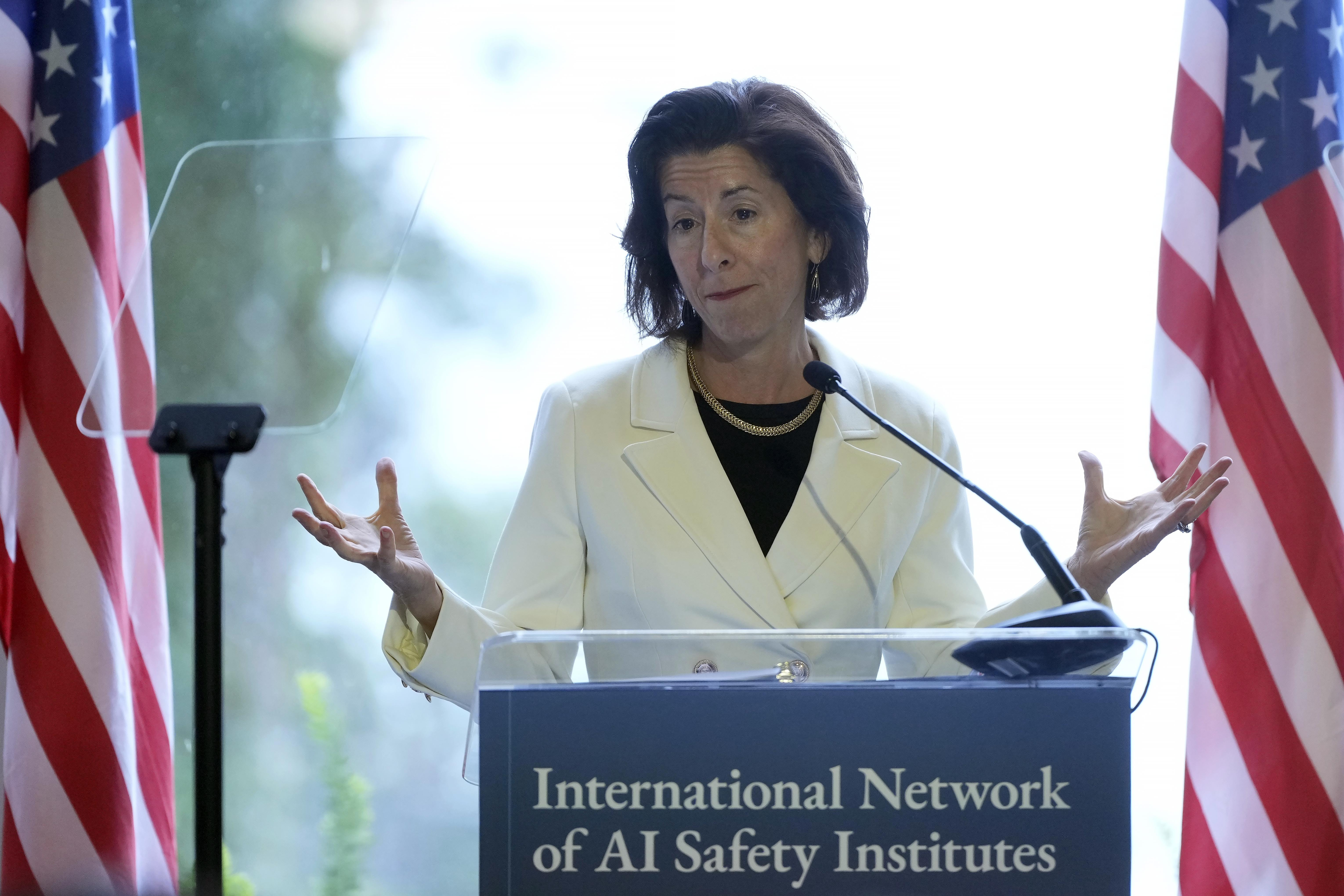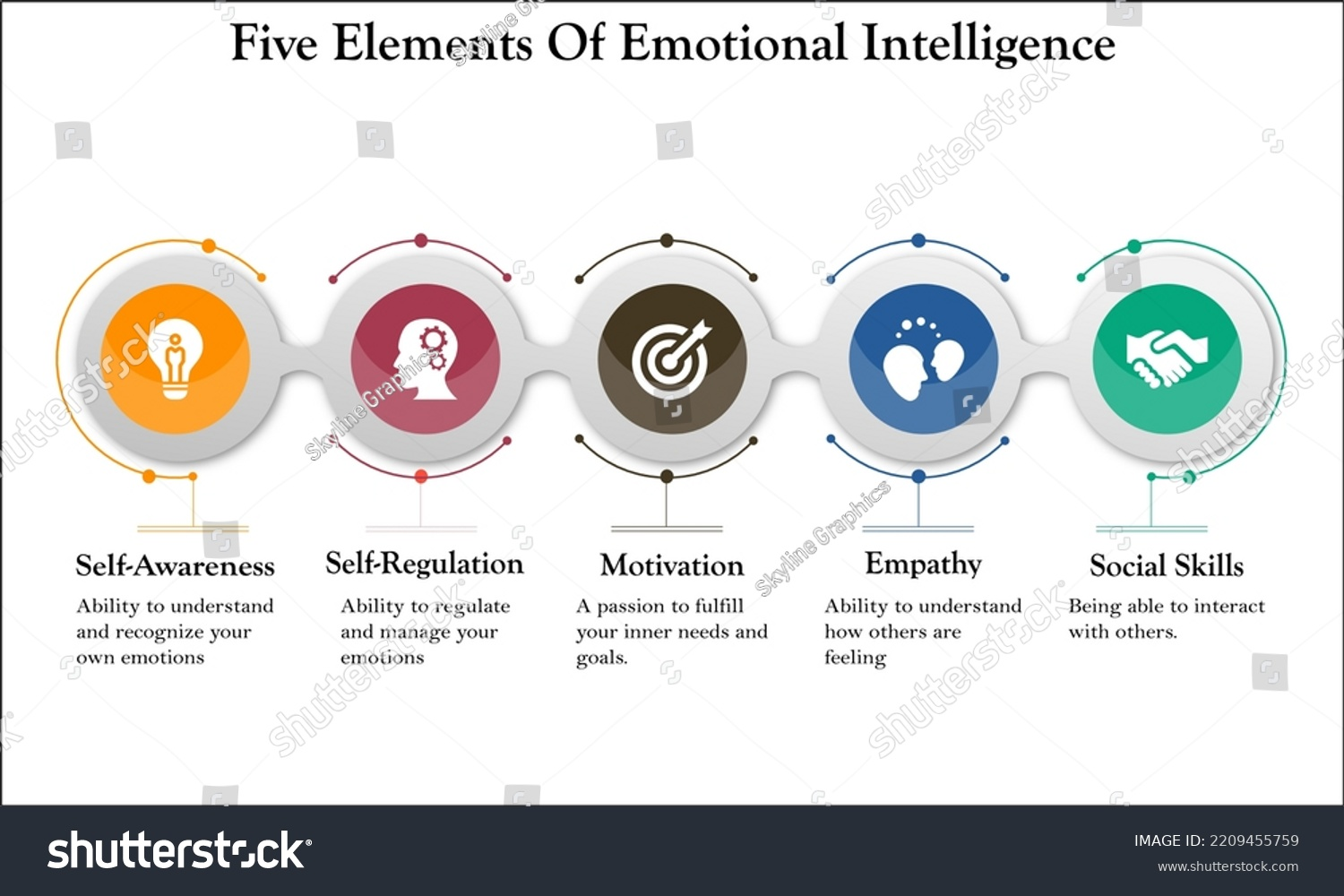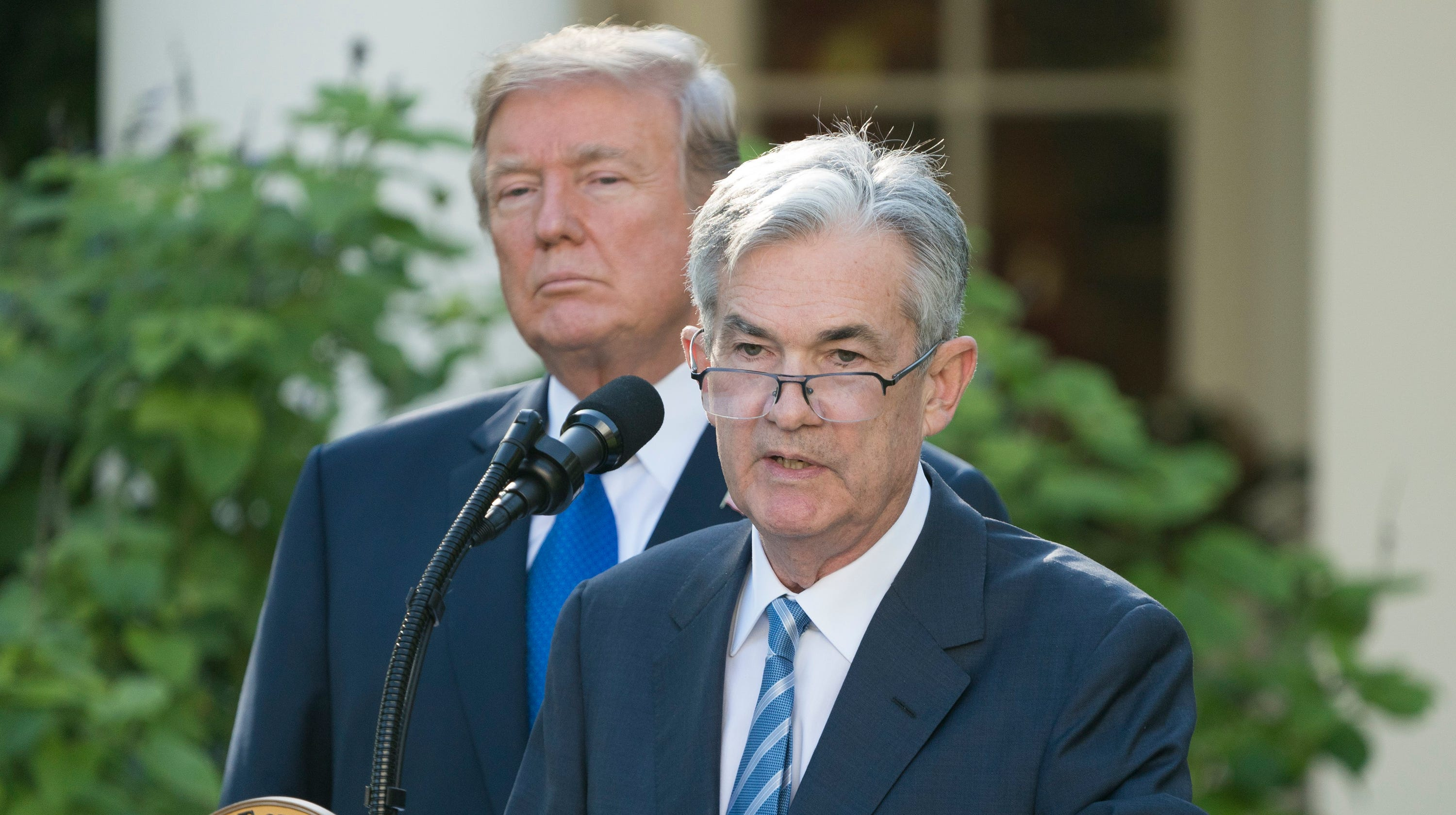Gina Raimondo, the former U.S. Commerce Secretary, has emerged as a pivotal figure in American political leadership, particularly known for her dynamic approach to economic reforms. Her tenure is marked by significant initiatives such as promoting supply chain management during critical shortages and driving the priorities of the Infrastructure Investment and Jobs Act to strengthen the nation’s infrastructure. Raimondo’s focus on efficiency and fairness, rooted in her personal history as the granddaughter of hardworking immigrants, empowers her to advocate relentlessly for solutions that benefit the everyday American. By championing policies that streamline regulations and enhance educational access, such as making community college tuition-free, she reflects her commitment to driving meaningful change. As a leader deeply invested in restoring the American Dream for all, Gina Raimondo continues to influence policy dialogues surrounding economic adaptation and recovery in the face of unprecedented challenges.
In recent discussions about her role in shaping national policies, one cannot overlook the influence of Gina Raimondo, who has been at the forefront of addressing economic challenges in her capacity as a U.S. government official. Her innovative strategies not only bring to light the complexities of supply chain dynamics but also emphasize the necessity for comprehensive infrastructure developments. By prioritizing legislative efforts known as the Infrastructure Investment and Jobs Act, she elucidates the importance of adaptive economic frameworks in the modern era. As a prominent advocate for equitable reforms, her leadership reflects a blend of resilience and pragmatism, focusing on sustainable progress which echoes through her initiatives. Raimondo’s commitment to fostering vibrant economic environments highlights the urgent need for political discourse centered around reformative actions that resonate with the interests of the populace.
Gina Raimondo’s Vision for Economic Reform
Gina Raimondo, the former U.S. Commerce Secretary, has consistently championed significant economic reforms throughout her political career. By advocating for reduced taxes, increased minimum wages, and accessible education, Raimondo has prioritized the needs of working-class Americans. Her approach is clear: reforms are necessary for progress, even if it means dismantling existing frameworks that no longer serve the public effectively. As she stated, If you want to make things better, that means things are going to have to change, which encapsulates her commitment to transformative leadership in strengthening the economy.
During her tenure, the results of Raimondo’s economic reforms were not just theoretical; they translated into tangible benefits for Rhode Islanders. Her efforts to create free community college and eliminate burdensome regulations reflect a broader strategy aimed at empowering citizens and reducing barriers to success. By fostering a more inclusive economic environment, Raimondo has laid a foundation for sustainable growth that aligns with the current demands of the job market and the challenges posed by global competition.
Navigating Supply Chain Complexities Post-COVID
In response to the COVID-19 pandemic, Gina Raimondo faced unprecedented challenges while serving as U.S. Commerce Secretary. The supply chain disruptions highlighted weaknesses in America’s infrastructure and prompted immediate action. Raimondo emphasized the importance of understanding the complexity of supply chains to effectively address the shortages of essential goods. The first thing we had to do was understand the complexity of supply chains, she explained, underlining her strategic approach to problem-solving during a crisis.
The Biden administration’s proactive measures, which Raimondo was instrumental in implementing, included building relationships with key international partners. Her efforts in strengthening ties with countries like Indonesia and the Philippines were focused not only on immediate remedies but also on laying the groundwork for long-term resilience in supply chains. By prioritizing international cooperation, Raimondo reinforced the notion that the U.S. cannot tackle economic challenges in isolation, demonstrating a commitment to a collaborative global economy.
The Infrastructure Investment and Jobs Act: A Testament to Political Leadership
Gina Raimondo’s influence in shaping the Infrastructure Investment and Jobs Act showcases her dedication to fostering sustainable development in America. This landmark legislation represented a significant investment in public infrastructure, aiming to revitalize roads, bridges, and broadband access, which are crucial for modern economic activity. Raimondo’s leadership in this initiative reflects her belief that investment in infrastructure is foundational for economic growth and a more competitive workforce.
By leveraging her understanding of economic reform and the necessity of robust infrastructure, Raimondo has positioned the Biden administration as proactive in addressing the nation’s long-standing infrastructural deficiencies. The act not only aims to boost immediate job creation but also to ensure that the U.S. is competitive on a global scale, setting the stage for future generations. Raimondo articulated that such legislative efforts are critical to bolstering America’s economic framework and ensuring inclusive opportunities for all Americans.
Raimondo’s Approach to Balancing Economic Growth and Fairness
One of the hallmarks of Gina Raimondo’s approach to economic policy is her commitment to ensuring fairness alongside growth. Throughout her career, she has continually emphasized the importance of considering the impact of economic initiatives on ordinary Americans. This perspective stemmed from her upbringing in a working-class family, where her father often questioned who was looking out for the little guy. This background has informed her leadership style, driving her to advocate for policies that benefit communities rather than just corporate interests.
Raimondo’s defense of programs that link economic growth with social initiatives, such as childcare support alongside job creation strategies, illustrates her understanding that a thriving economy depends on a workforce that is both supported and empowered. This holistic view of growth recognizes that sustainable economic health requires the inclusion and participation of all citizens, thus forging a deeper connection between policy-making and everyday lives.
Learning from Challenges: Reflection on Political Compromise
In her reflections on her time in the Biden administration, Gina Raimondo candidly addressed the complexities and compromises inherent in political leadership. While acknowledging that mistakes were made, she underscored the importance of progress within the context of a divided Congress. Her experiences reveal the often frustrating reality of trying to achieve substantial reform amidst differing priorities, yet she insists that some level of compromise is necessary to advance critical issues.
Raimondo’s willingness to learn from these challenges speaks to her resilience as a leader, showcasing her commitment to not just defending outcomes but also addressing the processes that impacted them. By engaging in honest dialogue about the difficulties faced during her tenure, she fosters an environment of growth and accountability, encouraging future policymakers to embrace both successes and setbacks in the pursuit of effective governance.
The Role of Political Leadership in Shaping Economic Policy
Political leadership is a crucial factor in shaping economic policy, and Gina Raimondo exemplifies how visionary leaders can drive change. Her tenure as both Rhode Island’s Governor and U.S. Commerce Secretary reflects a deep understanding of how strategic political decisions influence economic outcomes. As she effectively navigated challenges, her leadership style highlighted the importance of collaboration and building consensus among diverse stakeholders.
Raimondo’s ability to unite various groups behind a common goal showcased her commitment to fostering an inclusive political environment. Her leadership during economic turmoil emphasized that good governance requires empathy and a willingness to listen to various perspectives. This approach underscores the need for political leaders to maintain a balance between assertiveness in implementing reforms and sensitivity to the needs of the constituents they serve.
Economic Strategies for Resilience in the Face of Global Challenges
Given the rapid globalization of markets, strategic economic planning is essential for national resilience. Gina Raimondo has been at the forefront of discussions on how to proactively address these global challenges, particularly in light of supply chain vulnerabilities that have been exposed during the pandemic. Her forward-thinking mindset advocates for comprehensive strategies that encompass not just recovery, but long-term preparedness against future disruptions.
By championing initiatives like the CHIPs and Science Act, Raimondo emphasizes the importance of investing in domestic production capabilities to minimize dependency on foreign suppliers. This focus on self-reliance ensures that crucial sectors, such as technology and manufacturing, can continue to thrive in a competitive international landscape. In fostering such resilience, her policies aim to protect American workers and industries while reinforcing the economy’s overall strength.
The Impact of Social Programs on Economic Recovery
Gina Raimondo’s perspectives highlight the intertwined nature of social programs and economic growth, a vital consideration in today’s political landscape. By advocating for childcare initiatives as part of economic recovery efforts, she illustrates how addressing workforce barriers can lead to greater economic participation and productivity. These programs not only support families but also invigorate the labor market by ensuring that all individuals have the resources necessary to contribute.
The recognition that social investment is inherently linked to economic resilience reinforces the notion that a comprehensive recovery strategy must be multifaceted. Raimondo’s approach reflects an understanding that sustainable economic policies require a commitment to social equity, reinforcing the idea that improved social welfare translates into a healthier economy, thus building a more robust future for all Americans.
Empowering Future Generations Through Education and Workforce Development
Education and workforce development are critical elements of Gina Raimondo’s vision for a stronger economy. Her efforts in promoting free community college tuition reflect a commitment to making higher education accessible for all, particularly for low-income families. By removing financial barriers to education, Raimondo aims to empower future generations with the skills necessary to thrive in a dynamic labor market.
Moreover, her initiatives emphasize the necessity of aligning educational outcomes with industry needs. By focusing on workforce development, Raimondo advocates for training programs that equip individuals with relevant skills, ensuring they are prepared for available jobs. This strategic alignment not only benefits the economy by reducing unemployment but also enhances individual livelihoods, fostering a cycle of growth and opportunity that can elevate entire communities.
Frequently Asked Questions
What initiatives did Gina Raimondo implement as U.S. Commerce Secretary to address supply chain management?
As U.S. Commerce Secretary, Gina Raimondo focused on enhancing supply chain management by first understanding the complexities caused by COVID-19 disruptions. She collaborated with international partners to strengthen relationships, especially with Southeast Asia, and initiated the CHIPs and Science Act to boost domestic semiconductor production, ensuring that by 2030, the U.S. would produce a significant portion of these critical components.
How did Gina Raimondo advocate for economic reforms during her tenure as Rhode Island Governor?
During her tenure as Rhode Island Governor, Gina Raimondo championed several economic reforms, including reducing taxes annually, increasing the state minimum wage, making community college tuition free, and eliminating 30% of state regulations. These initiatives aimed to promote economic growth and ensure fairness for all citizens.
What role did Gina Raimondo play in the Infrastructure Investment and Jobs Act?
Gina Raimondo played a significant role in shaping the Infrastructure Investment and Jobs Act during her time in the Biden administration. Her efforts focused on enhancing America’s infrastructure, ensuring that it supports long-term economic growth and job creation while prioritizing fairness and opportunity for ordinary Americans.
How did Gina Raimondo’s background influence her political leadership and policies?
Gina Raimondo’s political leadership and policies were deeply influenced by her background as the granddaughter of immigrants who valued hard work. Inspired by her family’s experiences and her father’s advocacy for the working class, she became motivated to enter politics and push for reforms that prioritize the needs of everyday Americans and make the American Dream attainable.
What challenges did Gina Raimondo face concerning economic policies during her time as U.S. Commerce Secretary?
During her time as U.S. Commerce Secretary, Gina Raimondo faced challenges regarding the implementation of economic policies, notably in dealing with the aftermath of the COVID-19 pandemic. She had to balance the necessity of stimulus measures, which some criticized for contributing to inflation, against the dire need for immediate support to prevent widespread unemployment and economic decline.
What were Gina Raimondo’s views on free trade and China’s role in global markets?
Gina Raimondo expressed that while free trade can be beneficial, it becomes problematic when not all countries follow the rules. She specifically criticized China for its unfair trade practices and advocated for greater reciprocity to ensure fair competitive conditions in global markets, particularly in industries like electric vehicles.
| Key Points | Details |
|---|---|
| Leadership Philosophy | Change requires breaking the old ways without harming people, according to Gina Raimondo. |
| Achievements as Governor | Reduced taxes, raised minimum wage, made community college tuition free, and eliminated 30% of regulations. |
| COVID Response | Created critical supply chain spreadsheets and fostered international relations to stabilize supply chains. |
| Biden Administration Initiatives | Facilitated the CHIPs and Science Act to boost domestic semiconductor production. |
| View on Trade Policies | Advocated for fair trade practices, criticizing China’s non-compliance to trade rules. |
| Inflation Debate | Defended Biden’s stimulus act as necessary for economic recovery during COVID despite inflation concerns. |
| Political Challenges | Acknowledged difficulties in a closely divided Congress affecting decision-making. |
Summary
Gina Raimondo’s approach to leadership underscores the necessity of transformative change in governance while maintaining a commitment to the well-being of citizens. Her tenure as both the Rhode Island Governor and U.S. Commerce Secretary highlights her strategic initiatives that focus on economic stability and equitable growth. By championing education accessibility, fostering international cooperation during crises, and advocating for responsible spending, Raimondo exemplifies a modern leader who embraces innovation while protecting the interests of the working class.



